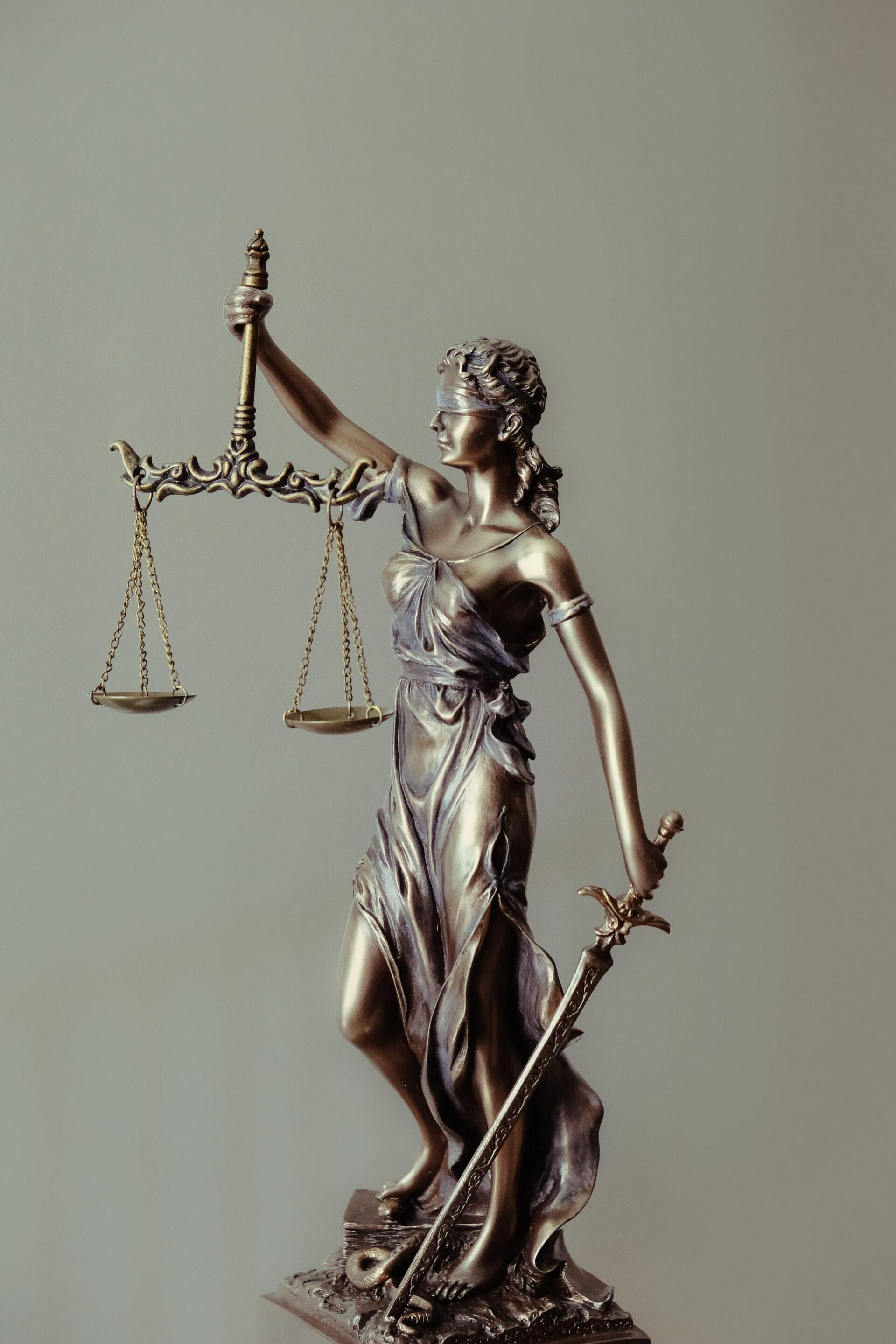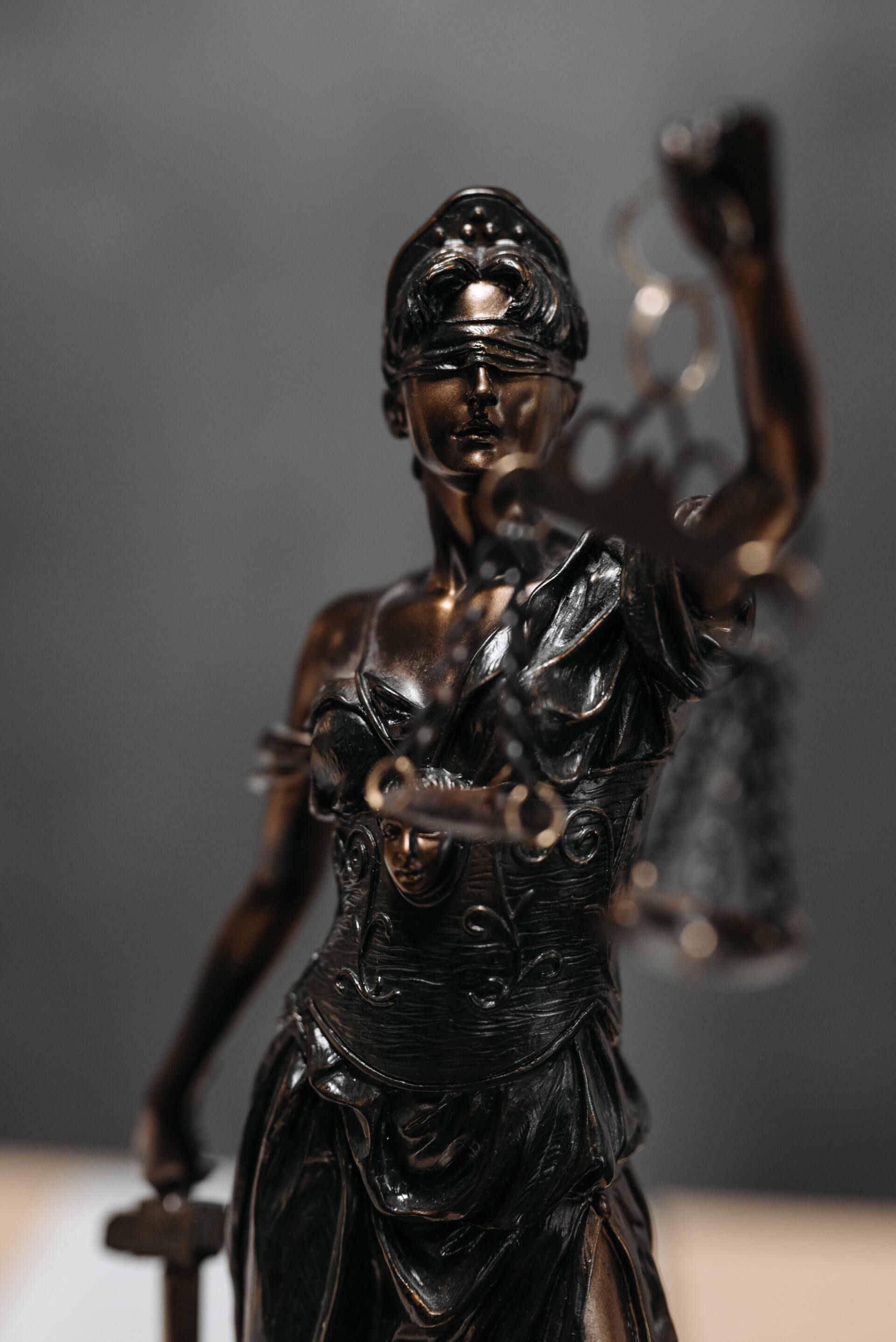When Should I Pursue a Workers' Compensation Case?
A frequent comment I get from workers' compensation inquirers is "I don't know if I even need a lawyer for this." And often, they are right. But how do you know? Often, a case where a lawyer should have been hired, but was not, is far more difficult and far less likely to end with the client treated fairly as compared to a case where a lawyer was hired from the start.
A few tips on how to determine whether you need an attorney.
First, what kind of job do you have? A career firefighter or police officer, teacher, career government employee, or a highly paid white collar worker, may value their career far more highly than whatever value exists in a workers' compensation claim. In general, these types of workers will need to consider hiring a lawyer when the employer or insurer is not paying for something they should, delaying or refusing treatment, or otherwise being grossly unfair with the claimant, or if the injury is so serious that it will threaten your ability to return to the job in any event. If the employer and insurer is paying for all of your medical treatment, paying you for your time out of work, and working with you on return to work issues such that you are able to work within your restrictions, and the injury is such that you are likely to be able to return to your normal job, hiring an attorney is probably not going to improve your standing with your employer, and is unlikely to result in you getting more benefits than you are currently receiving. That does not mean you should not consult with an attorney. It just means any good attorney is going to be honest with you and tell you whether they can help you or not. And if they cannot, they will suggest to you that your job is more valuable than the case.
Second, what type of injury do you have? I have clients who have relatively minor injuries, but the claim is denied and the employment is not as "career" oriented as those mentioned above, and I am always happy to assist with that sort of case as long as I can provide some value to the client. I also have clients with terrible, catastrophic, life altering injuries who need my assistance no matter what type of job they have. In general, the worse you are injured, the more the workers' compensation system is going to shortchange you. The system is designed as a compromise, and while a horrific injury is objectively more valuable than a minor injury, the system is not really designed to make you whole. When you get a more significant settlement, but you will never be able to work again, or perhaps will have to change to a lower paying profession due to your injury, the fact that your settlement was bigger is cold comfort. That is why with more severe injuries, it is imperative to get legal assistance to maximize your recovery.
Third, what is your goal? If your goal is to get a lot of money for your minor injury and keep your job, that is something the workers' compensation system is not really designed to accomplish for you. If your goal is to return to work after your injury and resume your normal job, an attorney may or may not be able to help, but an honest attorney will give you all of the pros and cons of obtaining legal counsel. If your goal is to maximize your recovery so you can transition to another line of work or ensure you are able to get continued care for an ongoing, permanent disability, an attorney can certainly help you with that.
When in doubt, call us. I often turn down cases and even advise people not to hire me or another attorney because it does not make sense to hire an attorney at this stage. You will get an honest opinion about your case, and the reassurance that I will not have you sign a fee agreement only to leave you worse off than if you had not hired me.








